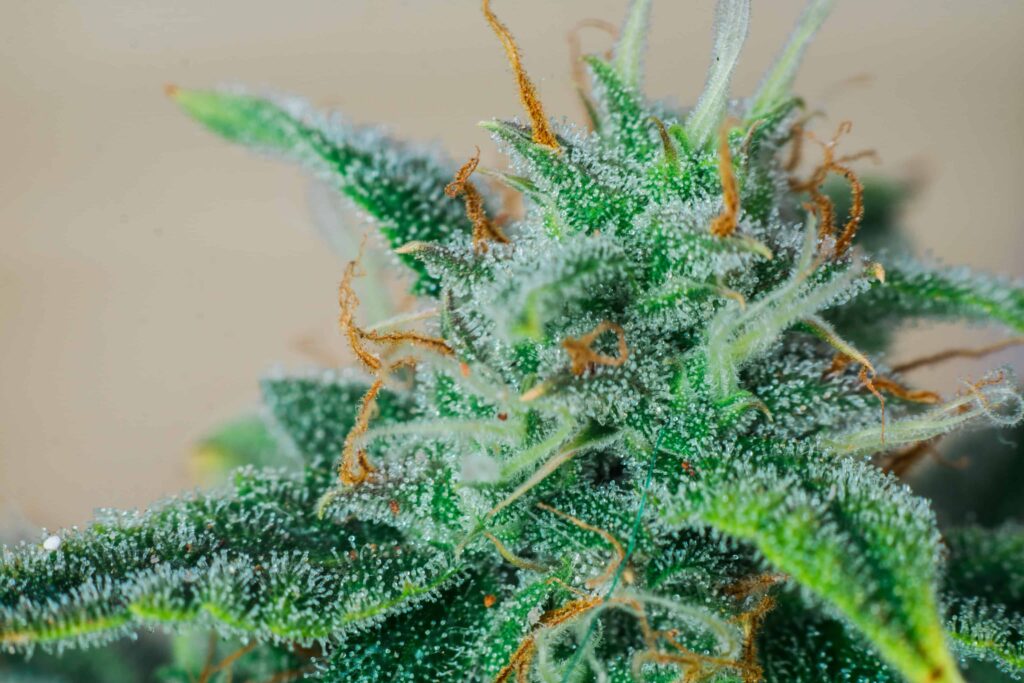
Almost two years following the death of a 27-year-old worker in a Massachusetts cannabis production facility, state and federal investigators said that work-related occupational asthma was the cause of death during the January 2022 incident. The first case of its kind “illustrates missed opportunities for prevention,” according to an analysis published in the Centers for Disease Control and Prevention’s (CDC) Nov. 17 “Morbidity and Mortality Weekly Report.”
The CDC report “represents findings of an Occupational Safety and Health Administration (OSHA) inspection, which included a worksite exposure assessment, coworker and next-of-kin interviews, medical record reviews, and collaboration with the Massachusetts Department of Public Health.”
While the report does not identify the deceased worker or the cultivation employers, the details correspond with the case of Lorna L. McMurrey, who died Jan. 7, 2022 while working at a Trulieve production facility in Holyoke, Massachusetts. According to the OSHA report, the employee was grinding and packaging pre-rolled joints when she complained that she couldn’t breathe.
She went into cardiopulmonary arrest before emergency responders arrived, while staff attempted CPR. She was transported to a hospital where she shortly died after arrival.
After the incident, OSHA investigators conducted an inspection including a worksite exposure assessment, interviews with flower production coworkers and family and medical record reviews. The investigation found that four of 10 coworkers with similar responsibilities also had respiratory tract or skin symptoms, despite that particle dust concentrations and other potential airborne hazards were under permissible limits.
However, the new CDC report says that OSHA analyzed air quality only after the grinder was connected to a new shop vacuum with HEPA filtration.
According to McMurrey’s family, she smoked cannabis recreationally but never had asthma until she began working at Trulieve. Her mother had also told NBC about an incident two months before her death where she was rushed to the hospital after having trouble breathing at work.
“That’s where it all came out that she was developing asthma, and she had never had any breathing problems through her whole life,” her mother Laura Bruneau said. “She took her concern to the supervisors.”
According to the CDC report, dust from the grinder was collected by a shop vacuum, though the vacuum had no high-efficiency particulate air (HEPA) filter, allowing for visible dust to escape. Additional dust generated through open handling of ground product, like transferring product from the grinder to pre-rolls.
The report also notes that McMurrey’s coworkers reported that her cough increased when the grindr was on. To reduce her coughing, the outside of the grinder vacuum that became coated with dust was covered with plastic and McMurrey’s workstation was moved outside of the grinder room. She also used her own N95 respirator and wore the required long sleeves and gloves while working.
CDC begins the report noting that “occupational allergic diseases, including asthma, are an emerging concern in the rapidly expanding U.S. cannabis industry,” adding that “occupational asthma is generally associated with a latency period of months to years between first exposure and symptoms.”
The CDC concluded that prevention of such incidents is best achieved through a “multifaceted approach, including controlling asthmagen exposures, such as cannabis dust, providing worker training, and conducting medical monitoring for occupational allergy.” The report also suggested that the evaluation of workers with new-onset or worsening asthma is “essential,” along with prompt diagnosis and medical management. This could include “cessation of work” and allowing for workers’ compensation when symptoms are related to work exposures.
“It is important to recognize that work in cannabis production is potentially causative,” the report states.
Read full article on High Times

